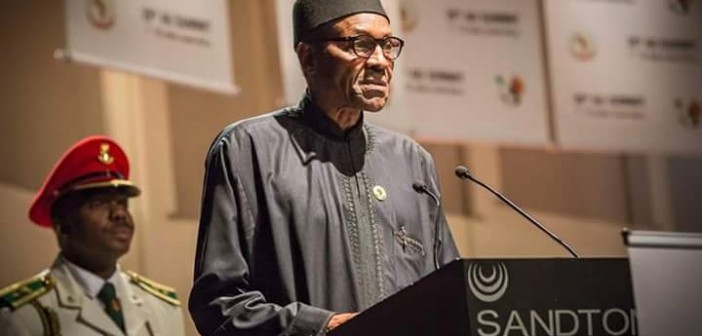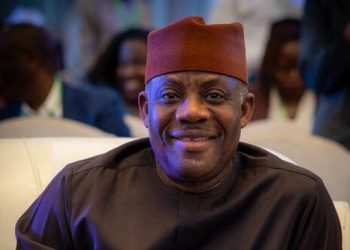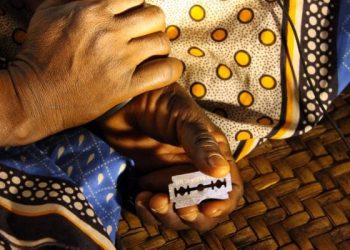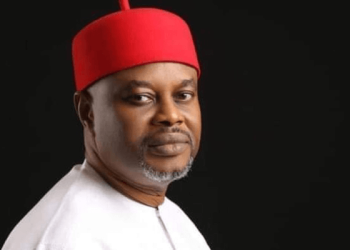The flurry of criticisms trailing President Muhammadu Buhari and Vice-President Yemi Osinbajo over their failure to make details of assets that they declared to the Code of Conduct (CCB) public is somewhat premature and needless. The duo duly complied with the provision of Section 140 of the 1999 Constitution (as amended) by filing their assets declaration forms with the Bureau on assumption of office on May 29. The widespread demand that they make the details of their declared assets public cannot, therefore, be realised by the force of law. It can only be gotten through moral suasion, based on the fact that Buhari, in particular, had promised to make details of his assets public during his campaigns for the office of president.
The request for the president to publicly declare his assets is based on the fact that he hinged his campaign for the office on the plank of integrity. He, therefore, has a moral burden to discharge on this matter.
This controversy, that was inadvertently stoked by his media aide who counseled those who may not be satisfied with the president’s assets declaration to the CCB to avail themselves of the FOI Act and approach the courts for an order to access the assets declaration documents, is unfortunate. His advice to Nigerians to approach the courts on the matter is probably a gaffe. It does not reflect the real intention of the president on the matter, as the recent clarification from the Presidency that the contents of the assets declaration forms would be made public as soon as they are verified by the CCB has shown.
Whatever the case, we believe that the controversy on this matter came a little too early. Given the president’s antecedents and his well known commitment to the fight against corruption, we expect that he would take the moral high ground of a public declaration and do the needful soon. We must recall the example of the late president, Umaru Yar’Adua, who set a good example with the public declaration of his assets. In his case, it took about one month after his assumption of office and declaration of his assets to the Bureau before it was made public.
We believe that the same scenario may be playing out again. One can expect some time between the filing of assets forms and the verification of same by the CCB before public office holders who are so inclined may make their assets public. That way, needless controversies that may arise on the true value of the declared assets would be avoided. The public officers would thus be saved from needless distractions from their otherwise challenging engagements.
It is early days yet, but President Buhari has a covenant with the people of Nigeria on this issue. He cannot afford to renege on his promise. We are persuaded that the president is well aware of the burden he carries. He should know that one of the easiest ways to lose the support of the people is to alienate significant sections of the electorate who may have voted for him solely because of his anti-corruption and transparency antecedents. He should not disappoint the people on this count.
Nigerians will do well to recall that former Presidents Olusegun Obasanjo and Goodluck Jonathan declined to publicly declare their assets. This negatively affected public perception of their commitment to the fight against corruption. Today, the people do not know what the two ex-leaders were worth on assumption and expiration of office. This is why, even as we await the promised public declaration of Buhari and Osinbajo’s assets, we urge the immediate past president, Goodluck Jonathan, to not only declare his assets as demanded by the law, but also make them public.
President Buhari should try not to be classed among leaders who refused to make their assets public. He should disclose his assets within a reasonable time and go further to encourage all those who would serve with him to do the same. Considering Nigeria’s bad experience with corruption, the old game of simply complying with the provisions of the law on submission of assets forms to CCB is no longer enough.
Buhari should permanently change the game and set new standards of ethical conduct for the country. The people should know the possessions of their leaders both on assumption and expiration of office. In that way, they can judge if the leaders have served them transparently or used the opportunity of public service to amass wealth for themselves.
While the president has done nothing wrong by not publicly declaring his assets, he, indeed, has a date with history on this matter, and we urge him to meet it with courage and dispatch.














































The so-called ‘Mr. Integrity’ can not even declare his assets publicly. Is this the change we want to see?